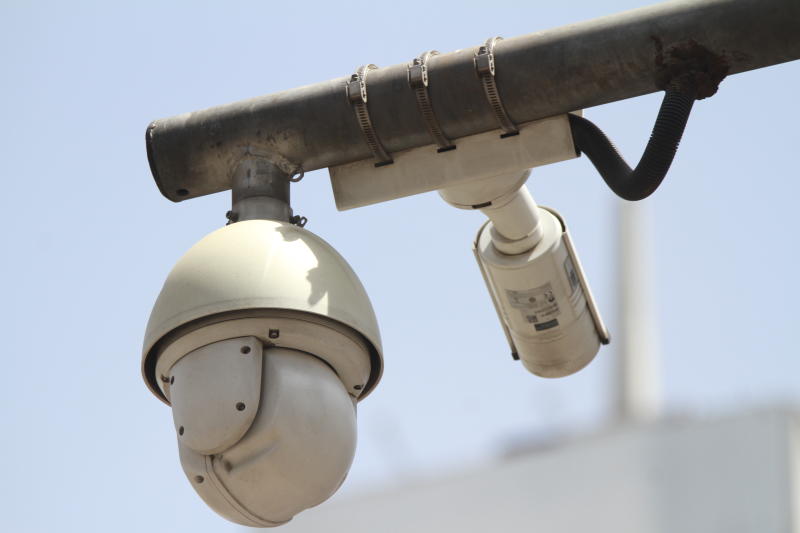×
The Standard e-Paper
Stay Informed, Even Offline

The Ministry of Interior is on the spot over the installation of Sh15 billion closed-circuit television (CCTV) surveillance systems in major cities.
According to a parliamentary committee, at least 2,100 CCTV cameras were installed at a huge cost in Mombasa and Nairobi, and yet their value has not been realised.